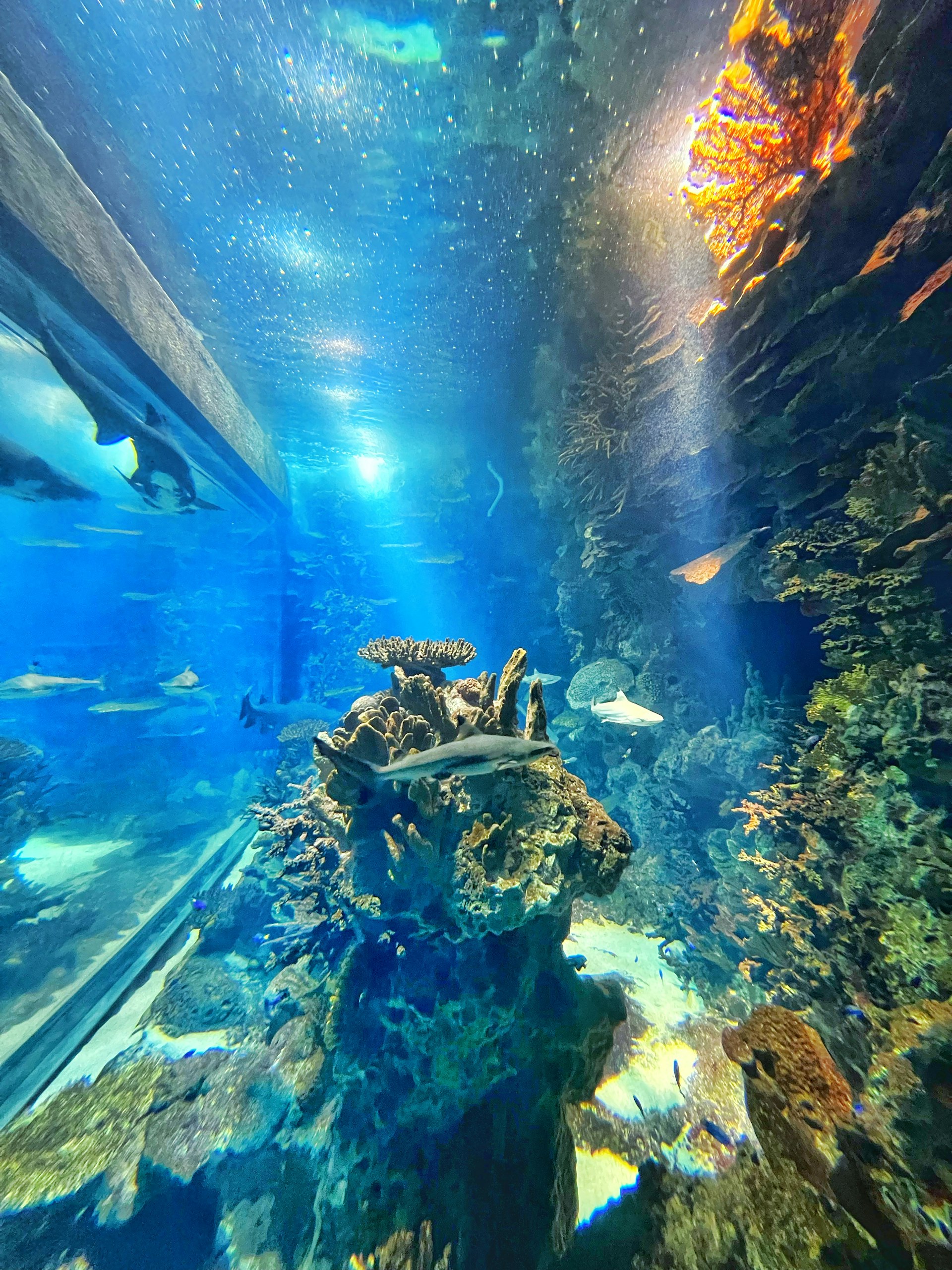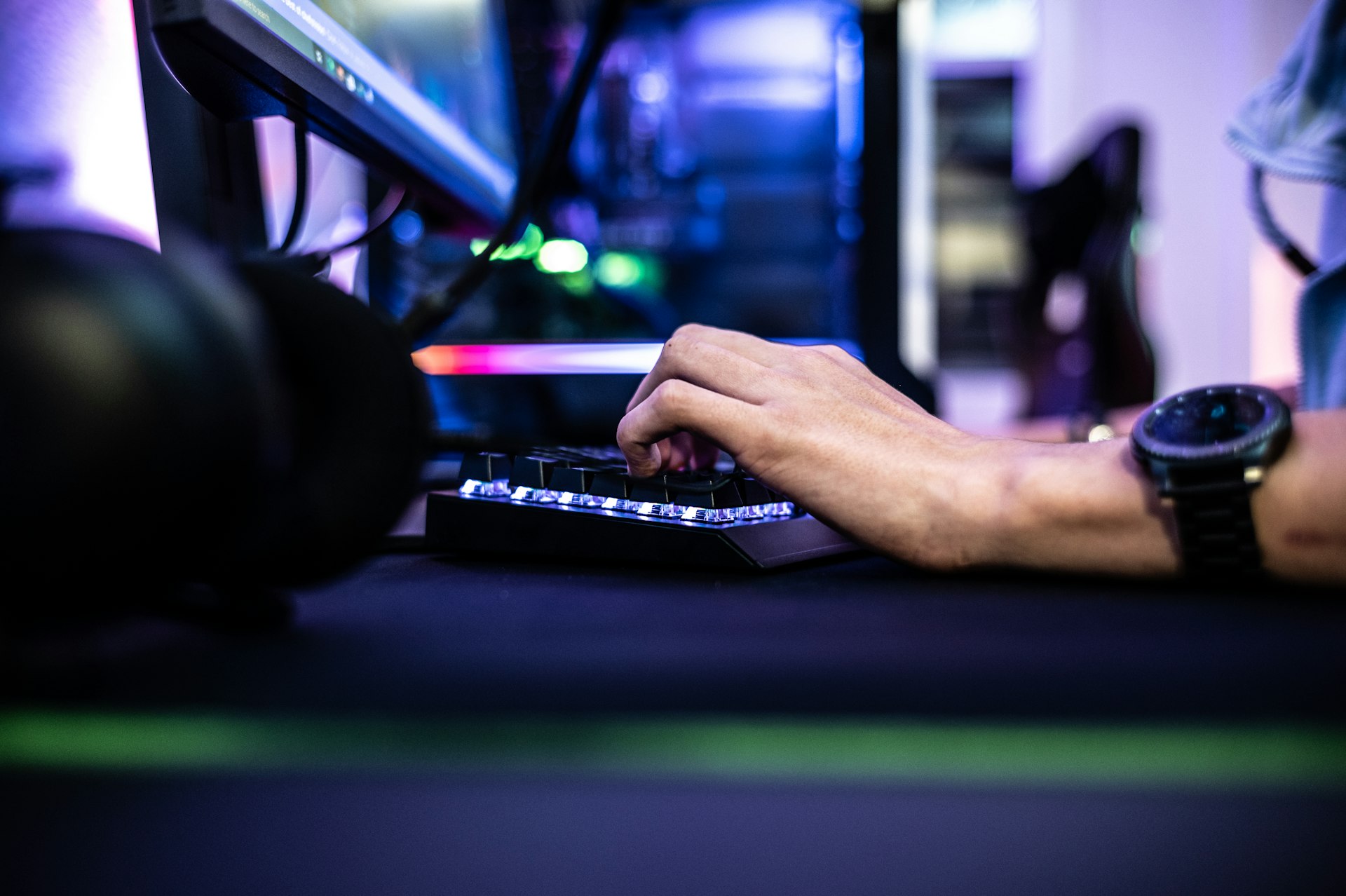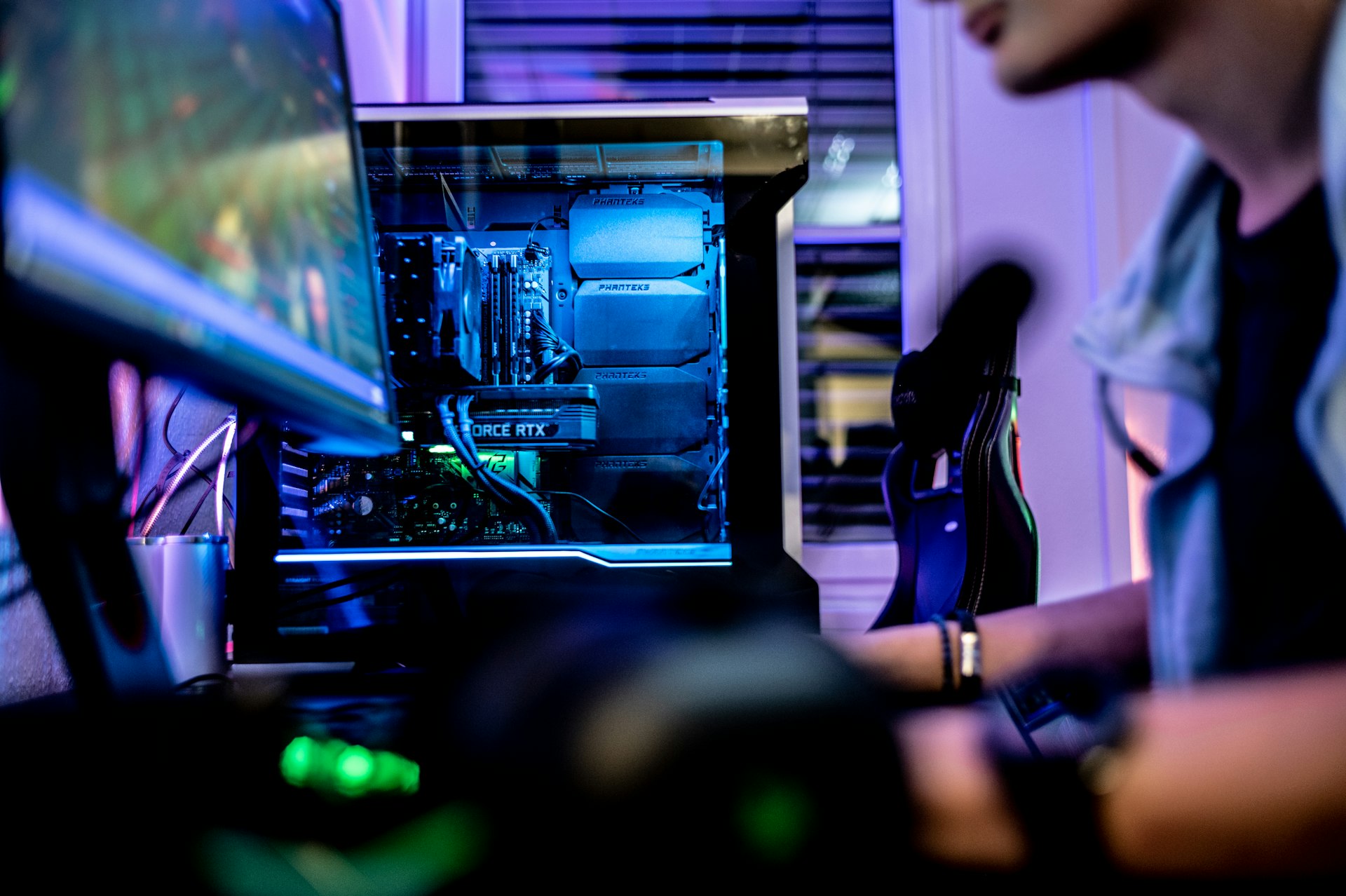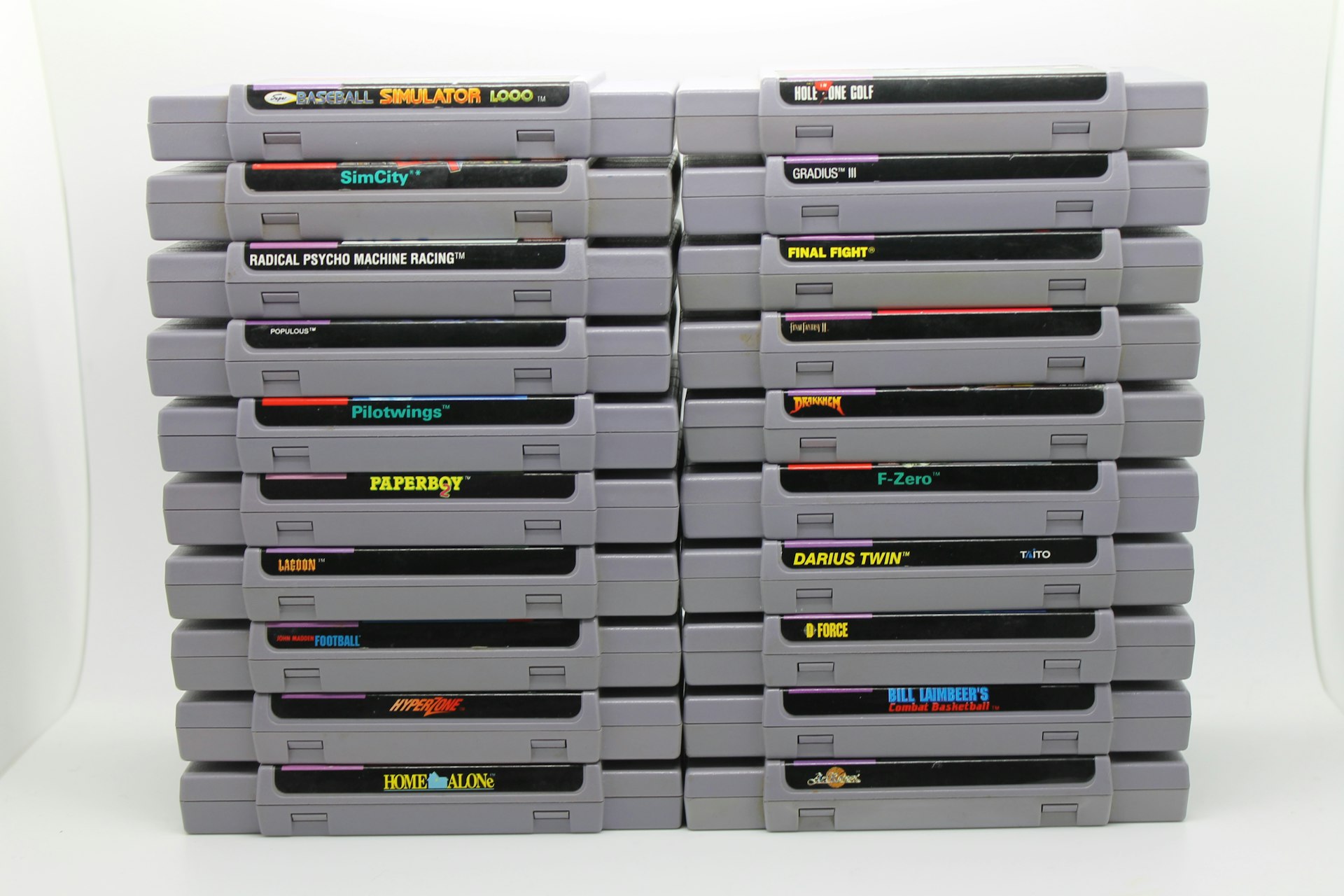Safeguarding Gaming’s Legacy: Why Preserving Video Games Matters for Future Generations

Photo by Tyler Lagalo on Unsplash
Introduction: Why Preserving Games Matters
Video games have become a cornerstone of modern culture, blending art, technology, and storytelling in ways that engage and inspire people globally. As the industry evolves, preserving classic games and their history is essential-not just for nostalgia, but to safeguard our collective digital heritage and ensure that future generations can learn from and enjoy these innovations. With the rapid pace of technological change, the risk of losing vital pieces of gaming history increases every year [1] , [2] .
The Cultural Significance of Video Game Preservation
Games are more than mere entertainment; they reflect the aspirations, struggles, and creativity of their times. Preserving games helps us understand the evolution of technology and design, and provides a window into the social and cultural dynamics that shaped each era. Classic titles like
Pac-Man
and
The Legend of Zelda
are not only fun to play but also vital pieces of interactive art
[1]
. Academic institutions and museums are increasingly recognizing games as cultural artifacts worth conserving
[5]
.
Learning from the Past: Educational and Creative Value
Preserved games serve as educational tools for game developers, historians, and scholars. By studying earlier titles, creators can analyze what worked, what didn’t, and how various genres evolved. This insight fosters innovation and helps avoid repeating past mistakes. For example, exploring groundbreaking mechanics introduced by early Nintendo consoles informs today’s game design and encourages the development of new interactive experiences [2] .
Risks of Losing Gaming History
Obsolescence of hardware and software threatens the survival of many classic games. Cartridges deteriorate, disks become unreadable, and consoles cease to function. Digital-only games are at risk of vanishing when online stores close or platforms become unsupported. The closure of the Wii Shop Channel and PlayStation Mobile are recent examples where hundreds of games became inaccessible overnight [2] . Without preservation, these experiences and the innovations they represent could be lost forever.
Community and Institutional Preservation Efforts
Preservation is a collaborative effort involving both official institutions and grassroots communities. Organizations like the Internet Archive host digital collections of games, while the Museum of Modern Art (MoMA) curates a video game collection to highlight the medium’s artistic value [4] . Meanwhile, enthusiasts share technical expertise on forums and develop emulators to keep classic titles playable on modern hardware. Community-driven projects on platforms like GitHub provide open-source emulators and guides for restoring old consoles, making it possible for anyone to participate in game preservation [3] .
Technological Innovations in Preservation
Emerging technologies play a critical role in safeguarding gaming history. Artificial intelligence is used to automate metadata generation and content analysis, making it easier to catalog and archive large libraries of games. Blockchain technology may offer new ways to verify digital ownership and track provenance, which could become vital as gaming increasingly moves online [4] . These advancements, combined with traditional archiving methods, offer hope for more robust and long-lasting preservation efforts in the digital age.
Legal and Ethical Challenges
Preservation is complicated by licensing restrictions, digital rights management (DRM), and intellectual property laws. Many older games cannot legally be distributed or emulated without explicit permissions. Some advocates call for legal reforms to make archiving and emulation easier for educational and preservation purposes [5] . For those interested in supporting legal preservation, you can research organizations like the Video Game History Foundation or seek out academic programs in digital archiving. Always check for local regulations before attempting to emulate or share older games.
How to Support and Participate in Game Preservation
If you’re passionate about preserving gaming history, there are several actionable steps you can take:
- Donate or lend classic games or hardware to museums, libraries, or educational institutions involved in preservation efforts.
- Support community archives and open-source emulator projects by contributing code, documentation, or financial donations. You can find reputable emulator projects by searching for “open-source game emulator GitHub” and reviewing the top repositories.
- Advocate for preservation-friendly policies by contacting legislators or supporting organizations that lobby for legal reforms related to digital archiving.
- Document and share your own gaming experiences on forums, blogs, or social media. Personal stories help give context to the cultural impact of games and inspire others to get involved.
For those looking to participate, consider reaching out to local universities with digital media or game studies programs, or searching for “video game preservation organizations” to find reputable groups in your region.

Photo by AR on Unsplash
Challenges and Solutions in Game Preservation
Preservationists face ongoing challenges, including hardware scarcity, data corruption, and evolving formats. Solutions include developing replacement parts for vintage consoles, creating robust digital backups, and collaborating with developers to obtain source code and design documentation before it is lost. Community-driven initiatives, such as crowdsourced restoration projects, often fill gaps left by larger institutions, especially for obscure or niche titles [3] .
Alternative Approaches and the Road Ahead
While no single method guarantees perfect preservation, a combination of physical archiving, digital emulation, and legal advocacy provides the best chance of success. The future of game preservation may also include virtual reality museums, cloud-based libraries, and AI-powered restoration tools. By embracing both traditional and cutting-edge techniques, the gaming community can ensure that today’s innovations remain accessible and meaningful for generations to come.
Conclusion: The Legacy We Leave Behind
Video game preservation is more than a technical challenge; it’s a cultural responsibility. By safeguarding the stories, mechanics, and artistry of games, we maintain a living record of human creativity and technological progress. Whether you’re a developer, player, scholar, or enthusiast, your efforts can help ensure that gaming’s rich legacy endures for future generations to enjoy, study, and build upon.
References
- [1] Global Esports Festival (2023). Preserving Video Game History.
- [2] NXEmu (2023). The Critical Importance of Video Game Preservation.
- [3] GeniusCrate (2023). Preserving Video Games for Future Generations.
- [4] Confinity (2023). Digital Preservation: Securing the Legacy of Gaming and Interactive Media.
- [5] San Jose State University (2024). The Evolution and Preservation of Video Games: An Artistic and Cultural Journey.
MORE FROM dealseekersguide.com













